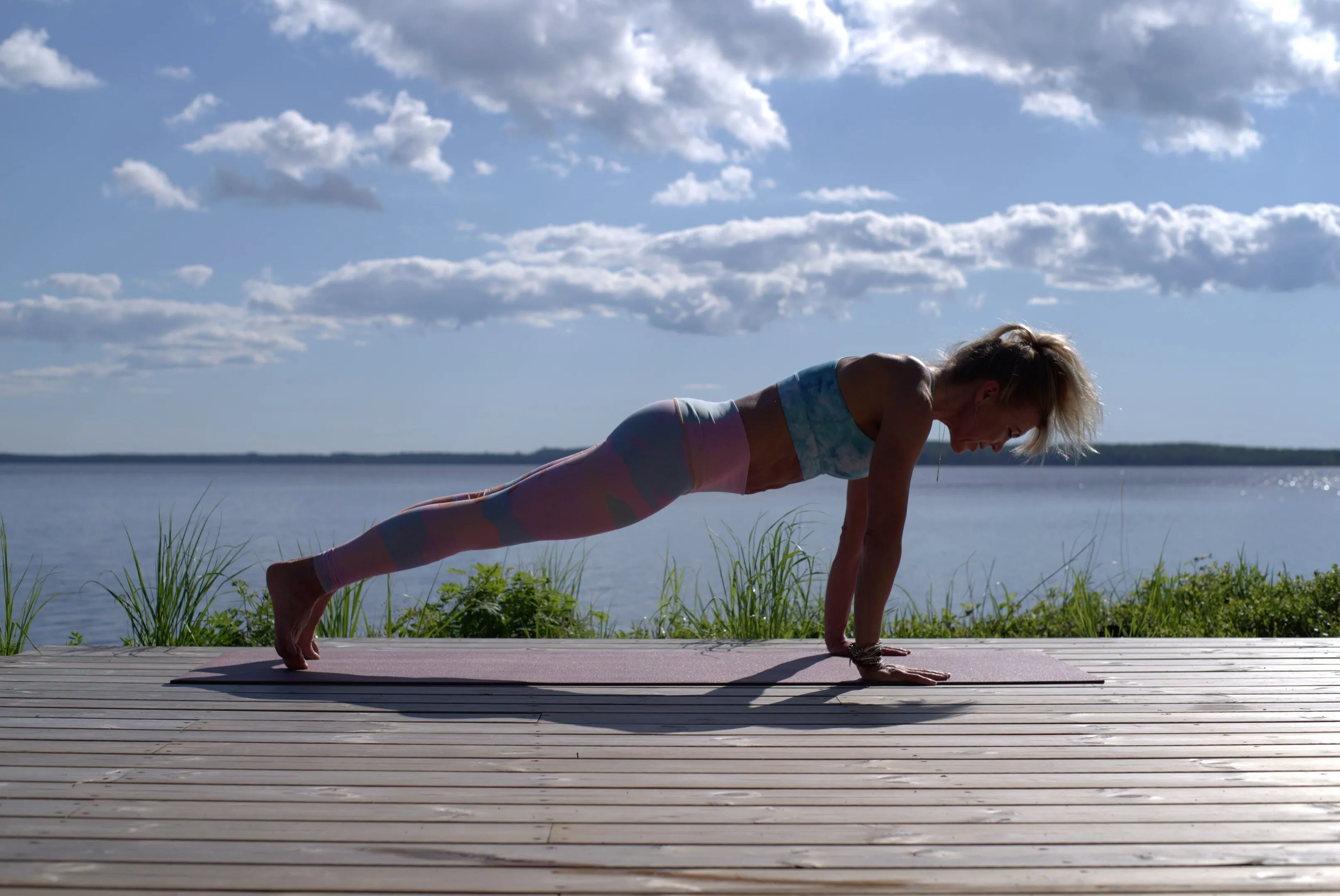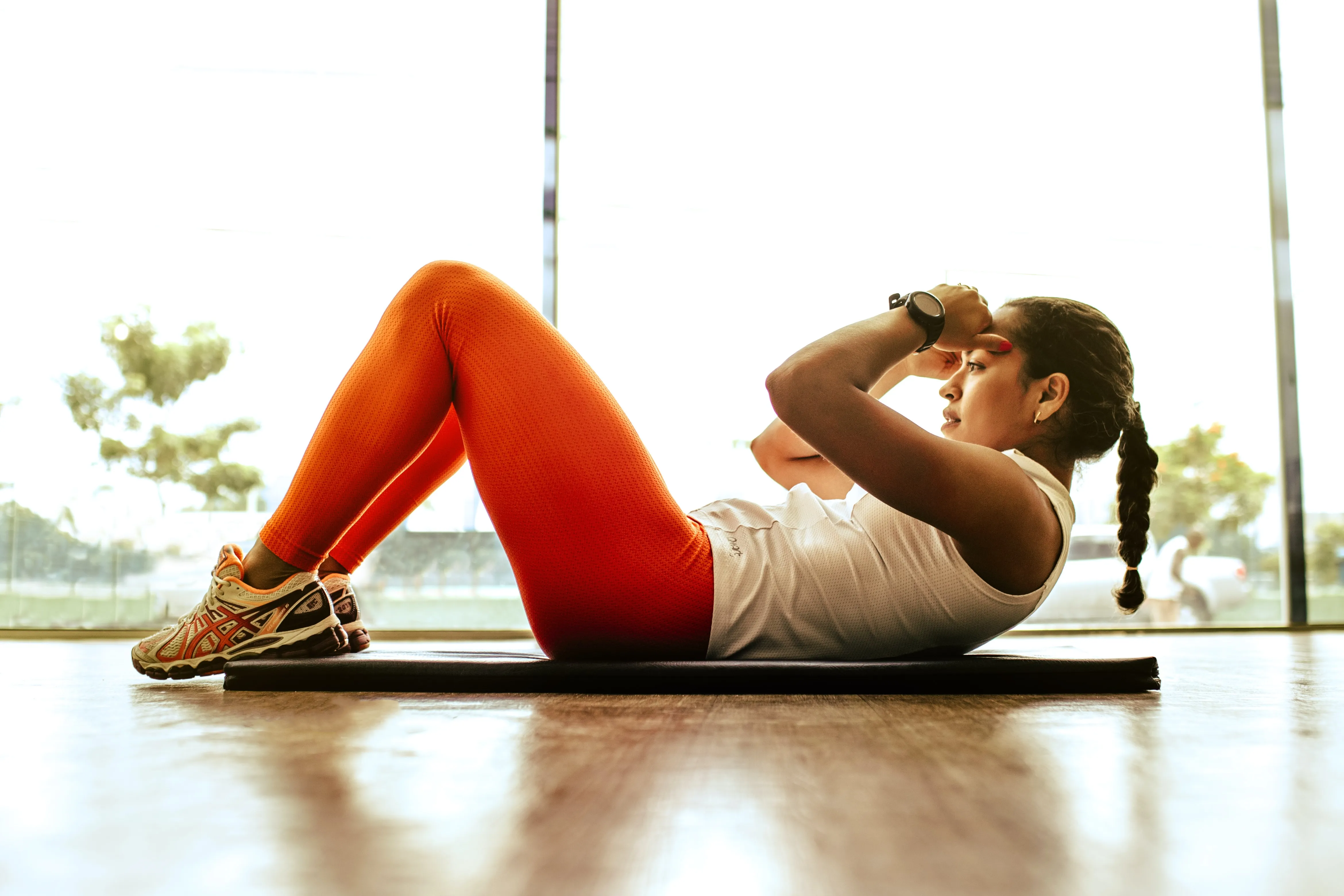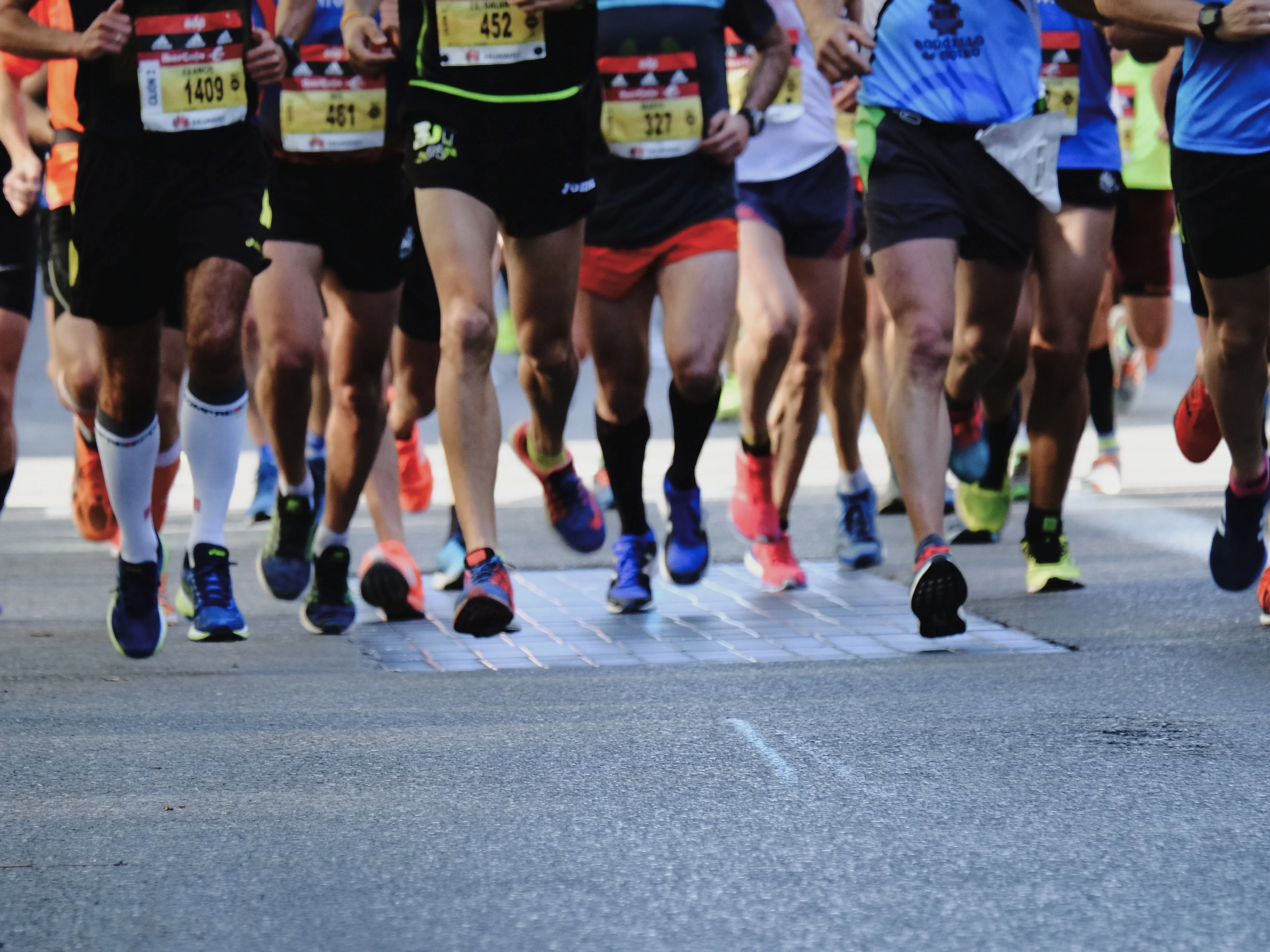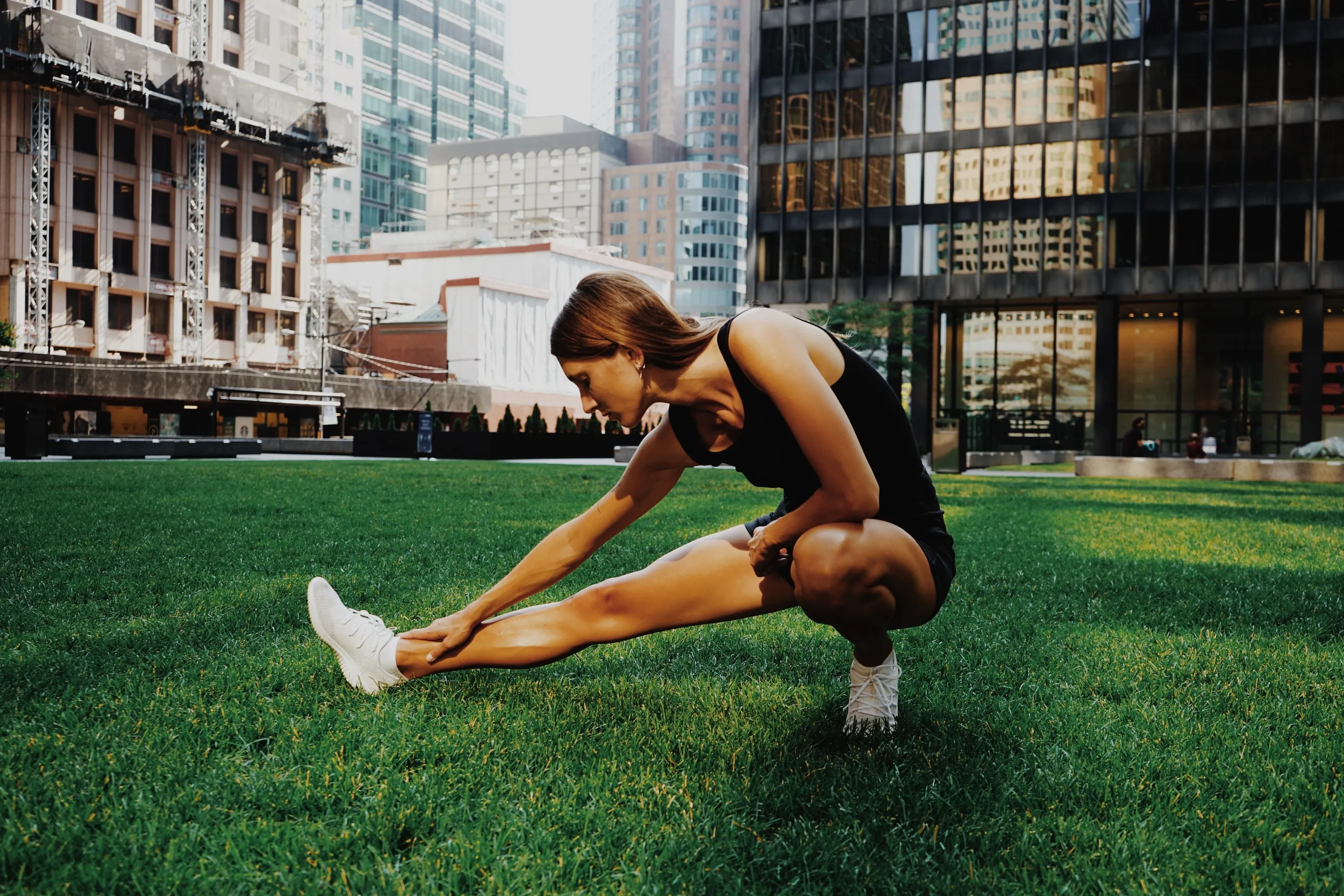
Running is a whole-body endeavor. Despite the misconception that it’s solely a lower body exercise, every stride you take engages your entire body. Among the most important, yet often overlooked, areas for runners is core strength. Your core, which includes your abdominal muscles, lower back, obliques, and hips, is the nexus that connects your lower body drive to your upper body motion. By building a stronger core, you not only fortify the foundation for better performance but also foster injury prevention.

Why Is Core Strength Important for Runners?
A strong core allows your body to maintain correct alignment and posture during your run. It helps to balance your strides, ensuring that energy exerted by your legs efficiently translates into forward motion. It reduces undue stress on your joints, tendons, and ligaments, helping to keep common runner’s injuries at bay.
Poor core strength can lead to a breakdown in form, particularly during lengthy runs. The fatigue starts to set in, your posture begins to slouch, and your pace slackens off. However, with a robust core, fatigue is staved off for much longer, and your form remains intact throughout the duration of your run.
How to Enhance Core Strength for Running
Core strengthening is more than just doing a few crunches at the end of your workout. It involves comprehensive / targeted exercises that hit all the muscle groups in your core. Here are a few exercises you may find beneficial in improving your core strength:
- Planks: Undeniably one of the most potent exercises for the core. The standard plank helps to strengthen your entire core and requires no equipment. It can be easily modified for variety and added challenge.
- Russian twists: This oblique-targeting exercise requires you to hold a sit-up-like position while rotating your upper body from side to side.
- Mountain climbers: This combination cardio/abs workout not only helps to improve core strength but also elevates your heart rate similar to running, fostering cardiovascular fitness.
Consistency Is Key
As with any aspect of fitness, consistency is vital. Whether you integrate a core session into your daily routine or dedicate certain days of the week to it – make sure you stick to the program. Progress may not appear instant, but over time you’ll notice the improvement in your running performance.
A robust core will also promote better overall fitness, leading to not just improved running but also an enhanced quality of life. Remember, your core is at the center of nearly every move you make – running or otherwise. Cultivate it, and you’ll strengthen your potential in more ways than one.

In conclusion, core strength plays a pivotal role in running. It’s the engine behind the efficiency of your strides, the stability of your form, and the endurance of your performance. A heightened level of core strength will elevate your running experience, making you better equipped to achieve your running goals, from beating personal bests to simply enjoying more injury-free runs.




